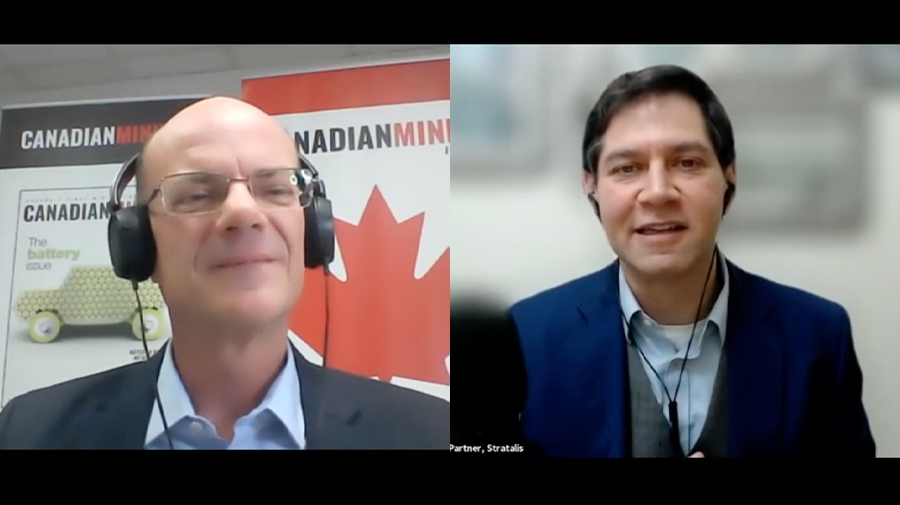March 24, 2022

- This event has passed.
Methods for Predicting Metal Leaching and Acid Rock Drainage Potential
November 28, 2017

This seminar will provide an introduction to the subject topic for scientists and engineers who are involved in any projects that require management of waste rock to address water quality effects from runoff. Basic principles will be discussed with a focus on site-specific approaches rather than recipes. As the day progresses, attendees will work in teams on several workshops to apply learnings. Each workshop is followed by a class discussion.
Benefits of Attending
Upon completion of the workshop, attendees will have an understanding of the processes involved in metal leaching and acid rock drainage and the application and limitations of techniques used to characterize potential for water quality effects.
No prior knowledge of geology or chemistry is required to attend the course.
Content Overview
The following topics will also be covered:
Why is this topic important?
Overview of regulatory setting in British Columbia
Brief chemistry background (pH, acidity, metals and other potential contaminants)
Relevant geological and mineralogical background
Description and origin of metal leaching and acid rock drainage (ML/ARD)
Concepts for mitigation of ML/ARD
Overall approach to prediction of ML/ARD
Designing a prediction program
Prediction tools
Interpreting prediction data
Hands-on opportunities to examine rock and mineral samples
Instructor Bio
Stephen Day, M.Sc., P.Geo. (BC), P.Geol. (AB), P.Geo. (NT and NU)
SRK Consulting
Stephen obtained B.Sc and M.Sc degrees in Geological Sciences from the University of British Columbia in the 1980s. Beginning in the late 1980s and continuing the present day he works in the field of managing rock wastes to address metal leaching and acid rock drainage (ML/ARD) potential. This includes numerous proposed, operating and closed mines primarily in the Americas, and infrastructure projects such as pipelines, roads and airports. His input to these projects includes the development of conceptual management plans, water chemistry predictions and preparation of documents for regulatory processes.




